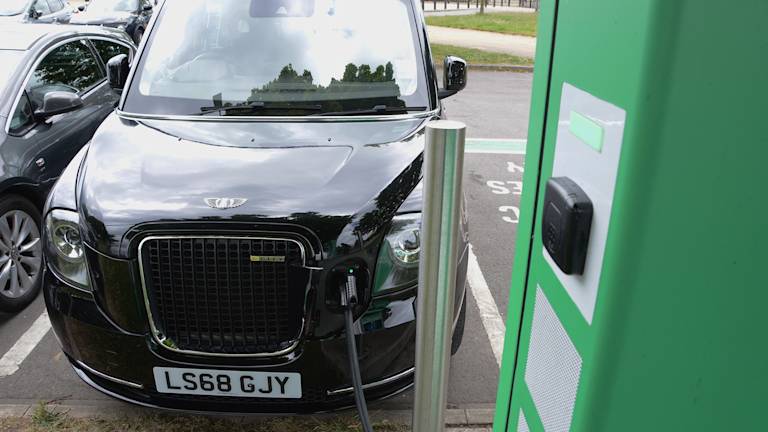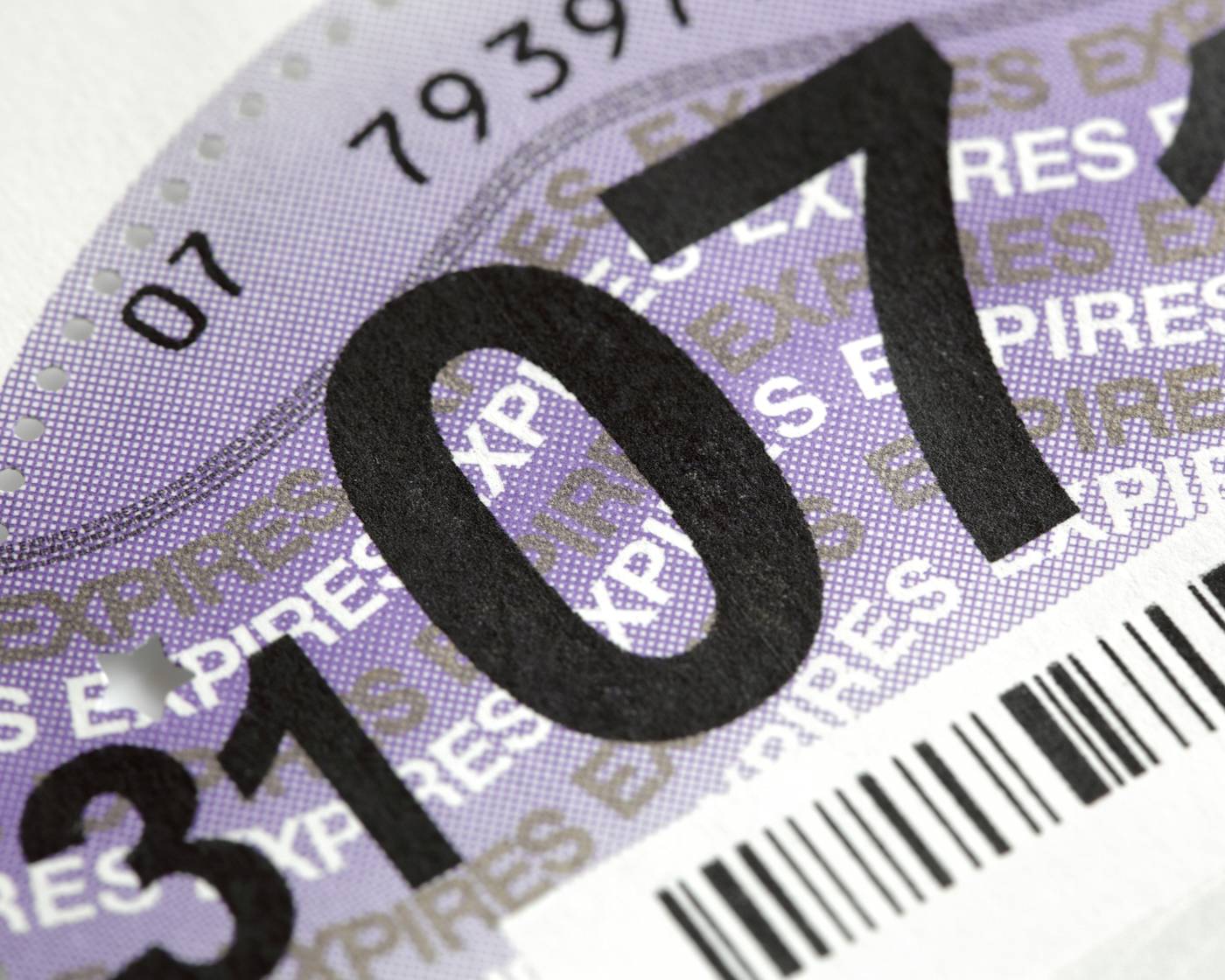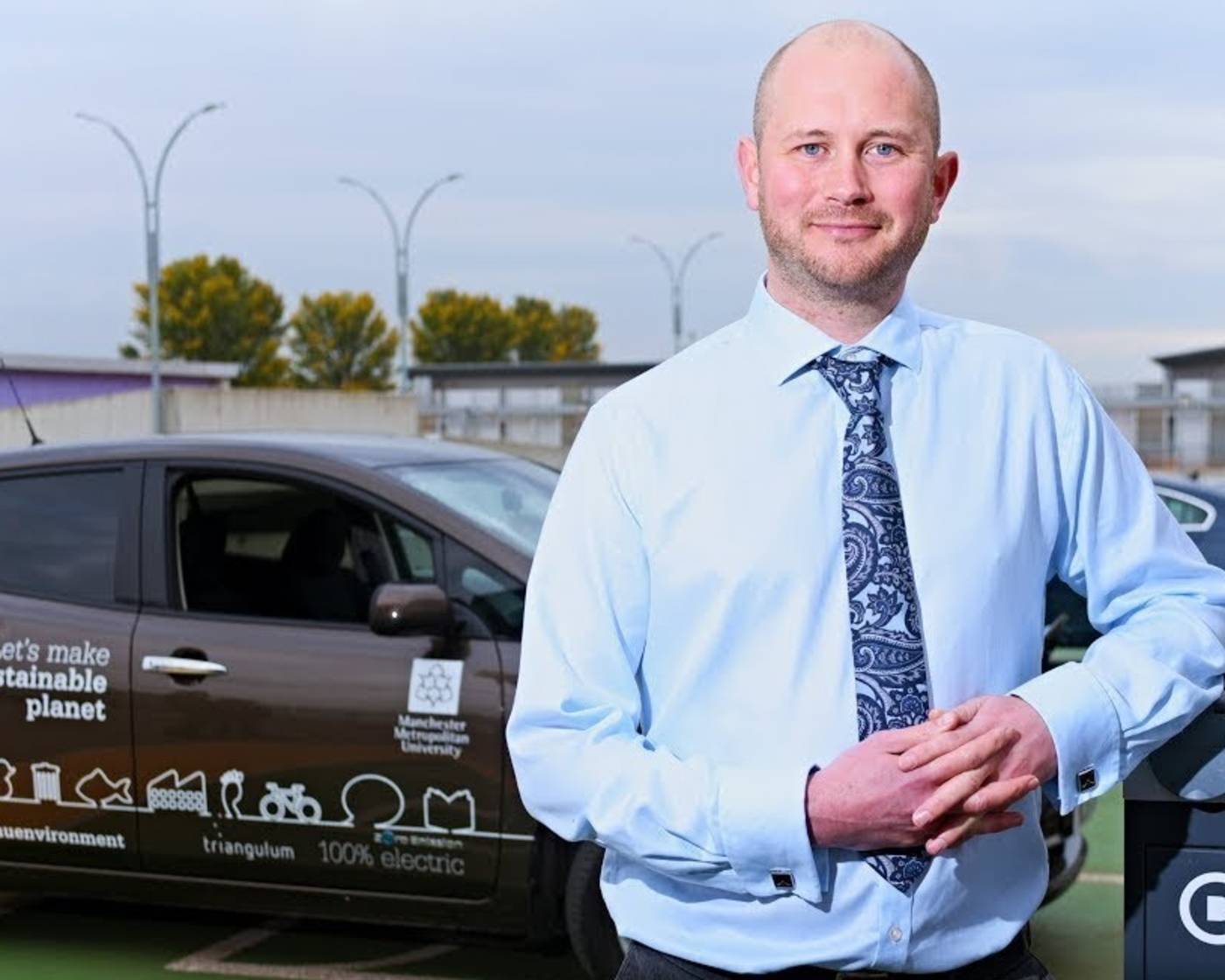
Is EV for me? Black cabs
Passengers love it, and I'm saving money!
Is an electric hackney worth it?
Of course we want you to go electric, but we don't want you to make a bad investment. It's too important. So, should you go for it?
It’s still early days for electric hackneys. There’s a small handful of new electric models out there. And manufacturers are looking to launch new vehicles as interest and demand grow. The used market is small, but growing.
When it comes to savings v a diesel hackney, the choice of electric vehicle can make a difference. One of the main electric hackney models – the LEVC TX5 – has an electric range of around 80 miles, with a petrol range extender generator which can recharge the battery if it’s not convenient to stop at a charging point. So, fuel costs can be a mixture of electricity and petrol. Our figures below are based on using the electric motor only - around 70% of hackney drivers could stick to using the electric motor during a typical shift.
It could well be worth your while to go electric. But, of course, you’re the best judge of whether it’s right for you. Here are some quick points to help:
It can work out as low as 5p per mile to run a hackney in full electric mode.
If you drive 475 miles or more in an average working week (25,000 miles a year), fuel savings will more than pay for it.
For this mileage, an electric LEVC TX5 could save you around £8,500 in fuel costs over three years in electric mode compared to a diesel TX4.
If your house has a garage or driveway, overnight charging will save you the most money. It can be as low as 5p per kWh, compared to an average daytime electricity price of around 17p per kWh.
You can get up to £350 from the government to help install a charging point with a Home Charging Grant.
If you make lots of short trips, that’s hard on engines. Electric vehicles are more reliable and cheaper to maintain than diesels.
The LEVC TX5 range-extended model can run in fully electric mode for 80 miles, while the Nissan Dynamo 100% electric hackney can do 155 miles before it needs recharging.
Read on to find out how much you could save, how to get a charging point installed at home and what grants are available.

So, how do the sums stack up?
You could save £thousands in fuel by going electric compared to a diesel hackney*
25,000 miles a year - save £8,500
35,000 miles a year – save £10,000
50,000 miles a year – save £17,000
* Figures are based on fuel savings only, using 100% electric power over three years.
Of course, your exact savings will vary - it depends on how you pay for and use your vehicle. So, where could those savings be made?

Lower 'road tax'
Most electric hackneys are zero-rated for Vehicle Excise Duty (what used to be called ‘road tax’) or have a lower rate than diesel equivalents. You can check VED savings here:

Cheaper maintenance
Save money on your maintenance bills - electric hackneys are more reliable than diesel, especially if you make a lot of short journeys.

Meet new Minimum Licensing Standards
Greater Manchester’s licensing authorities will be introducing a set of common minimum standards for all locally licensed hackneys and PHVs, including minimum emission standards.
Be.EV taxi membership scheme and exclusive taxi charging points
Greater Manchester-licensed taxi and PHV drivers can now join a free membership scheme to get reduced rates when using one of 60 new Greater Manchester taxi and private hire Be.EV rapid chargers.
What's stopping you?
Let's talk batteries, range and second-hand EVs.
What kind of range can I get from an electric hackney?
Although fitted with a small petrol range-extender, the LEVC TX5 hackney can travel up to 80 miles on a single charge. There are also van conversions that are approved for use as a hackney which can do up to 200 miles on a single charge.
Greater Manchester has around 70 rapid charging points that can charge a hackney up to 80% in 45 minutes. And we’re introducing 60 PHV/hackney-only rapid chargers in the future.
Will the battery fail or fade out after a few years?
A common misunderstanding is that EV batteries degrade as quickly as they do in your phone.
They don’t.
Most manufacturers offer up to a seven-year warranty on batteries to highlight how reliable they are. And EV batteries are made up of many small cells, so if one is faulty, it can be removed and replaced. You don’t have to change out the whole battery because of a few dodgy cells.
Does cold weather really affect range?
Many people believe that batteries die far more quickly in the cold.
What Car recently put the range loss on cold days at around 10-15 miles on a car with a 160-mile range. That’s less than 10%.
It's not as big a problem as you might think - unless you're planning to drive to the Arctic circle.
Should I buy second-hand?
EV batteries last much longer these days and the second-hand hackney market is small but growing.
The most important thing to check is the battery, and there are easy ways to do this. During a service, the manufacturer will always give the battery a health check so, if you’re buying a used electric hackney, make sure you see the most recent battery test report.
Make sure you also get details of the battery warranty and any battery hire agreement which may come with the vehicle.
What if I can't charge up at home?
If you don't have off-street parking, charging does get trickier. But modern, public rapid chargers can charge your car in under an hour. And you don't have to fully charge it every time.
You can add 50 miles of range in 15 minutes at a rapid charger. So, with a bit of thought, you can plan this into your schedule and never run out of charge. Obviously, that sounds like a hassle, but compare it to the gains - if you can save £30 on every single fuel stop with a bit of planning, isn't that worth it?
More public rapid chargers are going live across Greater Manchester all the time.
Many supermarkets now have rapid charging points - stock up and charge up at the same time.
Every motorway service has at least one rapid charging point.
To find a map of all the UK's charging points, head over to Zap-Map.
Confused about rapid v fast chargers? Check out our guide to charger types and typical charging times.
Seven years on, still going strong
"It's done almost 60,000 miles since new and is still at 100% battery health. In fact, it's only had new tyres and brake pads in seven years." - Paul Lewis, Travel Planning and Logistics Manager, Manchester Metropolitan University
Manchester Metropolitan University (MMU) have had their Nissan EN-NV200 electric van since 2014. The Facilities team originally used it to deliver and collect internal mail between the university's Crewe and Manchester campuses every day - a round trip of about 80 miles. Since the Crewe campus closed in 2018, it's making regular trips to various sites around Greater Manchester.
The van is one of MMU's 14 EVs, and Paul is pleased with its reliability and performance.

How do I get started?
Choosing an EV
Before choosing your EV hackney cab, it's worth contacting your local Greater Manchester council licensing team as they can offer some good advice. And if you're looking to buy new, the government offers grants of up to 20% or £7,500 towards the cost.
Help installing a home charging point
The government has grants available for people looking to install a charger at home. You can find out more and apply for a grant at the Office for Zero Emission Vehicles (OZEV) website.
More advice
For the latest advice and help to save money on energy, including becoming an EV driver, check out the Energy Saving Trust website.